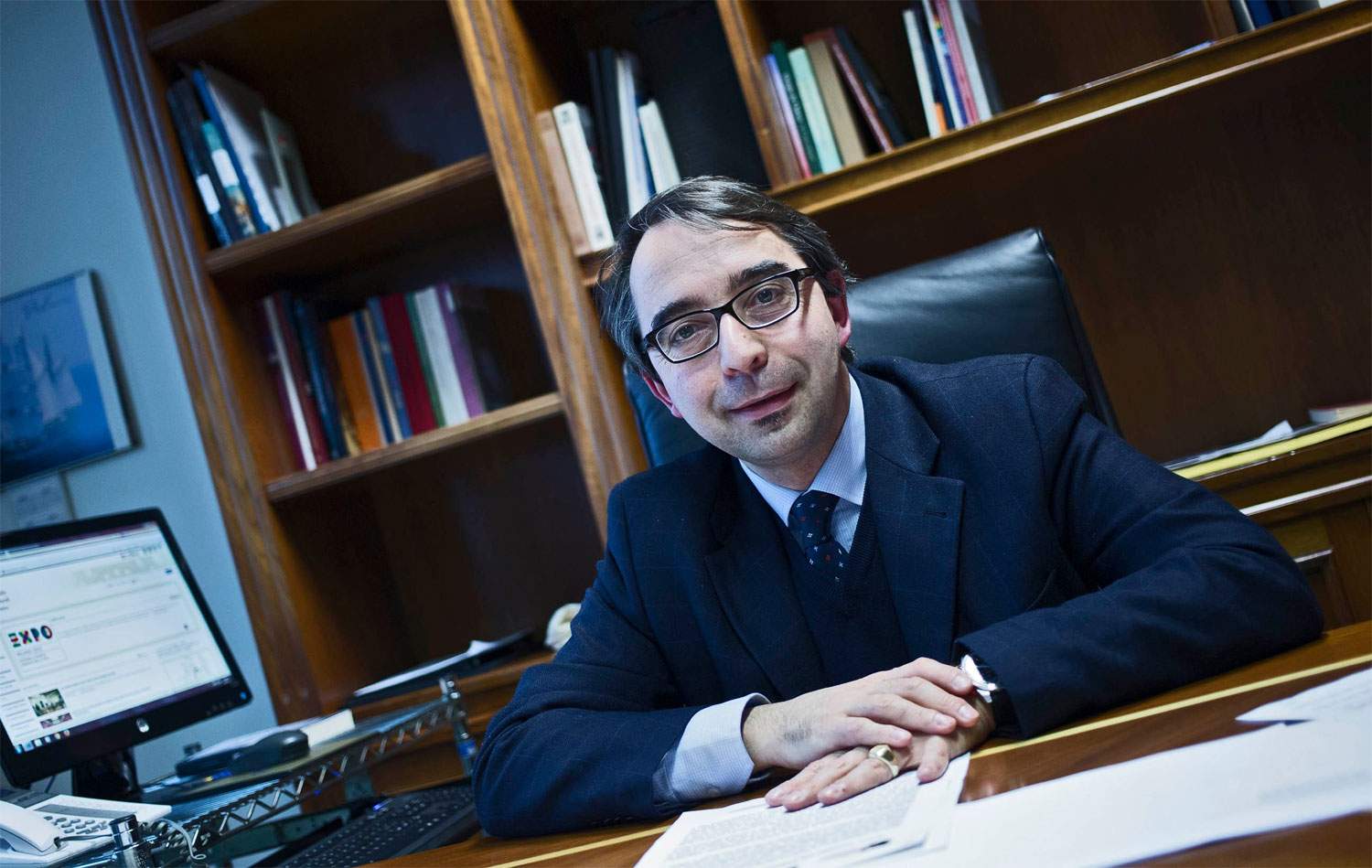There is a major breakthrough in the case of the appointment of Andrea De Pasquale to theCentral State Archives. Prime Minister Mario Draghi has in fact entrusted the Presidency of the Council of Ministers with the leadership of the committee for the desecration of acts concerning the massacres, thus removing the competence from the superintendent of the Central State Archives. De Pasquale’s appointment had been harshly contested by the associations of the victims of the massacres as well as by a large part of the world of culture because of a precedent he had set: the management of the Rauti fund, acquired when De Pasquale was director of the National Central Library in Rome. The leadership of the committee was entrusted to the secretary general of Palazzo Chigi, Roberto Chieppa.
To sum up, De Pasquale, in November 2020, decided on the acquisition of the archive that belonged to Pino Rauti, one of the main exponents of the international radical right, in ways that were much discussed: in fact, the presentation was entrusted to Rauti’s daughter, Isabella (a leader of Fratelli d’Italia), and the notes to communicate the event, which was later not held due to Covid, were also handled by the family (Rauti had been described as a “statesman” and presented as “one of the key figures in the History of the Right in Italy: organizer, thinker, scholar, journalist, deputy from 1972 to 1992. As active and creative as he was reflective and critical,” with no mention of his past in the Italian Social Republic or in Ordine Nuovo, the far-right movement that later became subversive and was disbanded by the government).
The turnaround, announced yesterday by Draghi during a meeting at Palazzo Chigi with the ssociations of family members of the victims of the massacres of Piazza Fontana in Milan, Piazza della Loggia in Brescia, Bologna Station and Ustica, is relevant because the removal of De Pasquale from the leadership of the committee on the one hand accedes to the demands of the victims’ family members, who had written to both Draghi and Republic President Sergio Mattarella and Culture Minister Dario Franceschini to protest: according to Paolo Bolognesi, president of the Association of Victims of the Bologna Massacre of August 2, 1980, De Pasquale’s appointment suggested that “in the facts there is no will to shed light on the background of the massacre and massacres in general, on the collusions of the apparatuses, who the gladiators were, their exploits, and even less on the various political-terrorist implications of the notorious P2 lodge.”
Minister Franceschini had responded to the victims’ committees by confirming De Pasquale and stating, in essence, that they would have nothing to fear: “Concerns,” he had written in a letter in response to the associations, “have no reason to exist. This is also demonstrated by the words of a few days ago with which the new director dispelled any doubts about his total commitment to ensuring the use of the documents subject to declassification according to the directives. Important words to dispel doubts, but perhaps not even necessary, because managers must always and in any case apply the rules, and this is how it will be, also thanks to your civic vigilance and the solicitations you address to us and for which I thank you.” Now, however, Draghi’s measure takes the form of a de facto rejection of Franceschini’s words, which had provoked further discussion in the environment, even going so far as to lead Tomaso Montanari, a member of the Superior Council of Cultural Heritage, to resign from the body to “denounce the Minister Dario Franceschini’s arrogance in the appointment of the superintendent of the Central State Archives, an apologist for Rauti.”
The news of De Pasquale’s removal was welcomed by Paolo Bolognesi, who tells ADN Kronos, “We are very satisfied. A step forward has been taken. We thank Draghi’s courage to take matters into his own hands. De Pasquale could not play such an important role, you cannot talk about Rauti in a certain way. We have now applied for access to the records on his appointment as director of the State Archives.” Satisfaction also came from the ANPI: “The Committee for the desecration of the acts concerning the massacres,” the association wrote in a note, “will not be chaired by the director of the Central State Archives Andrea De Pasquale but directly by the Prime Minister’s Office. We note with satisfaction the decision of President Draghi, who thus accepts the sacrosanct request of the associations of relatives of the victims of the massacres. This decision is a significant step forward so that we can reconstruct with objectivity and rigor the facts of that dramatic season and finally ascertain the responsibilities that to this day, after so many cover-ups and deception, remain in part very relevantly obscure.”
In the photo: Andrea De Pasquale
 |
| Stragi Committee, Draghi removes De Pasquale (and fails Franceschini) |
Warning: the translation into English of the original Italian article was created using automatic tools. We undertake to review all articles, but we do not guarantee the total absence of inaccuracies in the translation due to the program. You can find the original by clicking on the ITA button. If you find any mistake,please contact us.